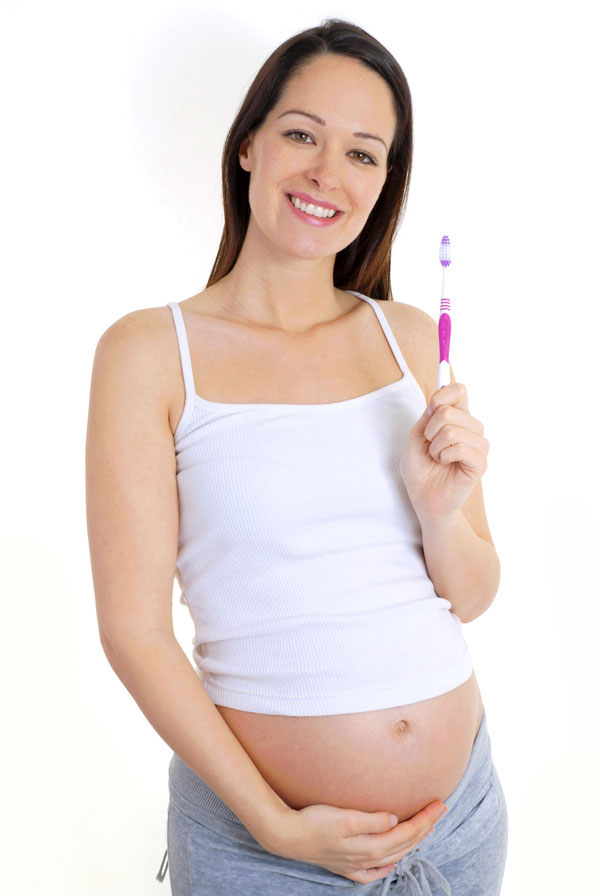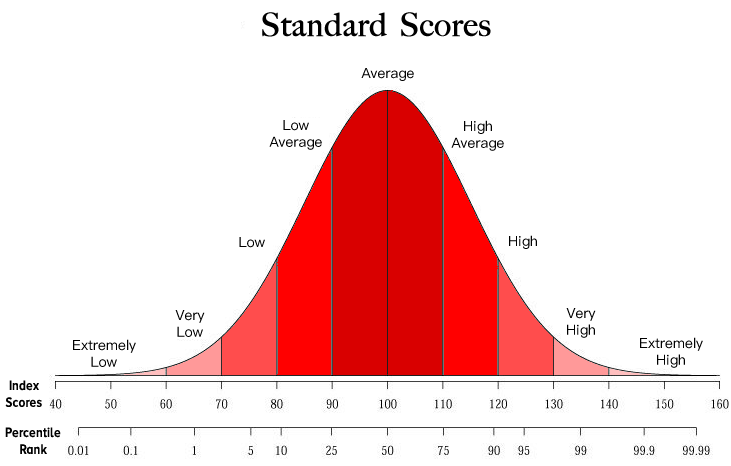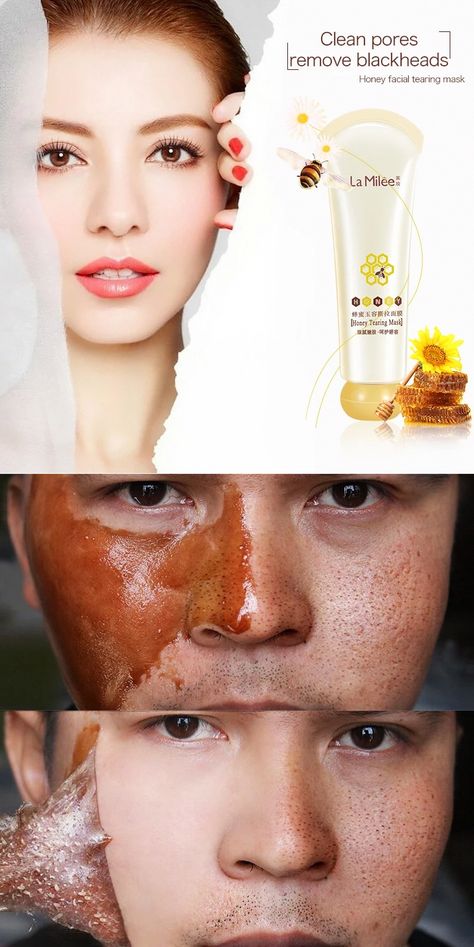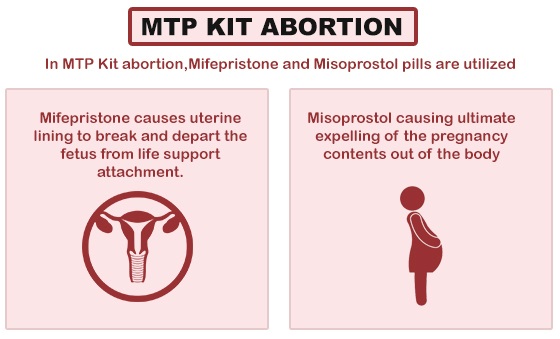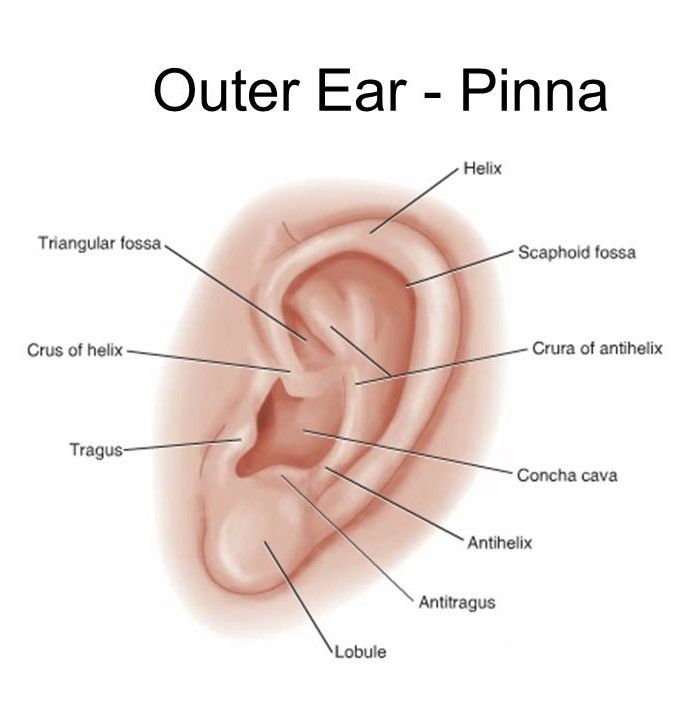Tooth decay during pregnancy
Pregnancy and Oral Health Feature
Healthcare professionals: use Protect Tiny Teeth, a free set of resources, to talk to pregnant women and new moms about the importance of oral health.
One way to prevent cavities in young children is to improve pregnant women’s oral health. Pregnancy may make women more prone to periodontal (gum) disease and cavities. Oral health may be considered an important part of prenatal care, given that poor oral health during pregnancy can lead to poor health outcomes for the mother and baby. Protect Tiny Teethexternal icon includes a mix of attention-grabbing materials to spark awareness that oral health should be part of prenatal care, and tips on how pregnant women and new moms can protect their oral health and the oral health of their infants.
Pregnancy and Periodontal Disease
Nearly 60 to 75% of pregnant women have gingivitis, an early stage of periodontal disease that occurs when the gums become red and swollen from inflammation that may be aggravated by changing hormones during pregnancy. 1 If gingivitis is not treated, the bone that supports the teeth can be lost, and the gums can become infected. Teeth with little bone support can become loose and may eventually have to be extracted. Periodontitis has also been associated with poor pregnancy outcomes, including preterm birth and low birth weight.2 However, how periodontitis may lead to adverse pregnancy outcomes is not yet fully understood.
Dental care is safe and important during pregnancy.
Pregnancy and Dental Cavities
Pregnant women may also be at risk for cavities due to changes in behaviors, such as eating habits.3 Women who have a lot of cavity-causing bacteria during pregnancy and after delivery could transmit these bacteria from their mouth to the mouth of their baby.4 Early contact with these bacteria and to other sugars, such as from frequent snacking or taking a bottle to bed, can lead to early childhood cavities and the need for extensive dental care at a young age.
- 1 in 4 women of childbearing age have untreated cavities.5
- Children of mothers who have high levels of untreated cavities or tooth loss are more than 3 times more likely to have cavities as a child.6
- Children with poor oral health status are nearly 3 times more likely to miss school because of dental pain.7
How Protect Tiny Teeth Can Help
All health care providers, including primary care, pediatric and maternity care providers, may consider paying more careful attention to oral health. Through a cooperative agreement with the Centers for Disease Control and Prevention, the American Academy of Pediatrics worked to create Protect Tiny Teethexternal icon, an oral health communications resource designed to make conversations easier between pregnant women, moms and her healthcare providers.
Protect Tiny Teeth includes a mix of attention-grabbing materials to spark awareness that oral health should be part of prenatal care and tips on how to protect the oral health of their infants.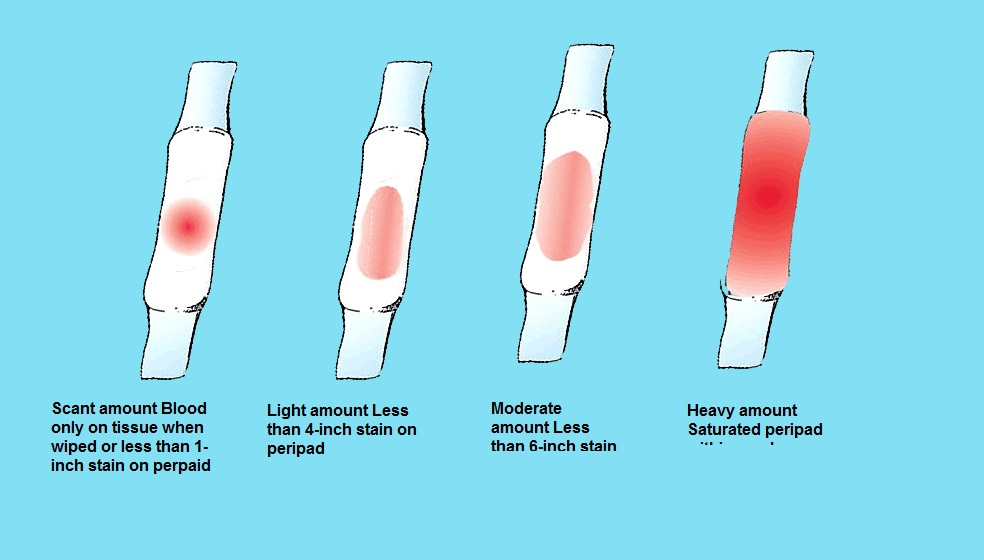 Resources for medical providers and community liaisons with infographics and brief videos with tips for how to reach the intended audience are also included. The materials are designed to support assessing women’s and young children’s needs, and provide talking points for a conversation about oral health and resources to leave with the woman.
Resources for medical providers and community liaisons with infographics and brief videos with tips for how to reach the intended audience are also included. The materials are designed to support assessing women’s and young children’s needs, and provide talking points for a conversation about oral health and resources to leave with the woman.
The Protect Tiny Teeth toolkit is available for free access on AAP.orgexternal icon with materials in English and Spanish with some materials available in multiple languages. A web site for the public is also available at Healthychildren.org/tinyteethexternal icon.
- CDC Division of Oral Health, Oral Health Basics
- American Academy of Pediatrics, Protect Tiny Teeth Toolkit for Pregnant and New Momsexternal icon
- American Academy of Pediatrics, Protect Tiny Teeth Toolkit for Providers external icon
- American Dental Association Council on Access, Prevention, and Interprofessional Relations, 2006.
- Corbella S, Taschieri S, Del Fabbro M, Francetti L, Weinstein R, Ferrazzi E.
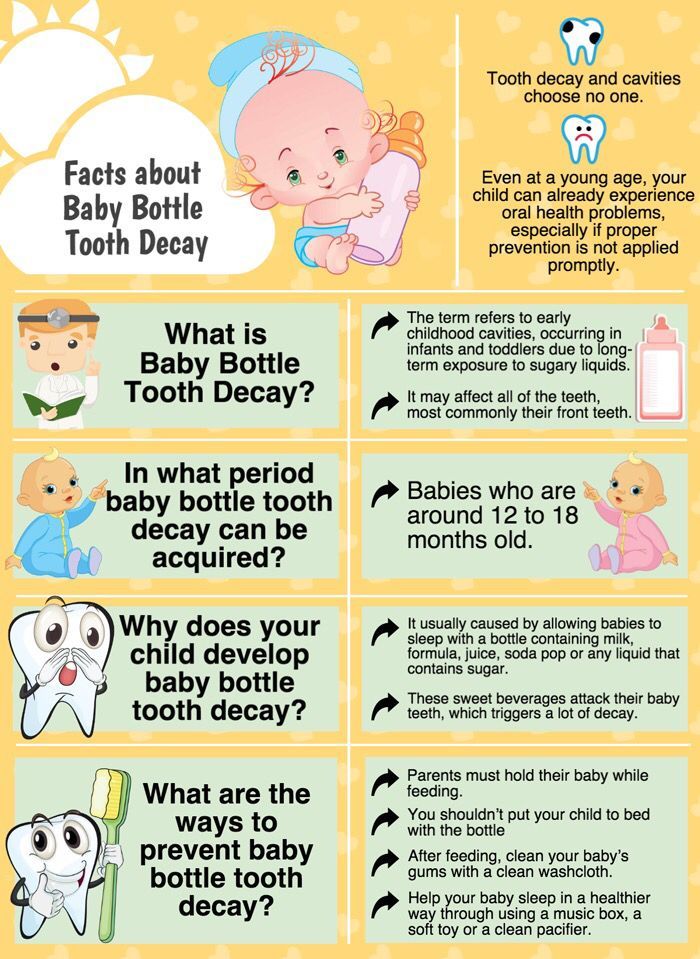 Adverse pregnancy outcomes and periodontitis: A systematic review and meta-analysis exploring potential association. Quintessence Int. 2016 Mar;47(3):193-204. doi: 10.3290/j.qi.a34980.
Adverse pregnancy outcomes and periodontitis: A systematic review and meta-analysis exploring potential association. Quintessence Int. 2016 Mar;47(3):193-204. doi: 10.3290/j.qi.a34980. - Romero BC, Chiquito CS, Elejalde LE, Bernadoni CB. Relationship between periodontal disease in pregnant women and the nutritional condition of their newborns. J Periodontol 2002;73:1177-1183.
- Azofeifa A, Yeung LF, Alverson CJ, Beltrán‐Aguilar E. Dental caries and periodontal disease among U.S. pregnant women and nonpregnant women of reproductive age, National Health and Nutrition Examination Survey, 1999–2004. Journal of Public Health Dentistry, 2016;76: 320-329. doi:10.1111/jphd.12159.
- Lindquist B, Emilson CG. Colonization of Streptococcus mutans and Streptococcus sobrinus genotypes and caries development in children to mothers harboring both species. Caries Res. 2004;38(2):95-103.
- Dye BA, Vargas CM, Lee JJ, Magder L, Tinanoff N. Assessing the Relationship Between Children’s Oral Health Status and That of Their Mothers.
 J Am Dent Assoc. 2011;142(2), 173-183. doi:10.14219/jada.archive.2011.0061.
J Am Dent Assoc. 2011;142(2), 173-183. doi:10.14219/jada.archive.2011.0061. - Jackson SL, Vann WF, Kotch JB, Pahel BT, Lee JY. Impact of poor oral health on children’s school attendance and performance. Am J Public Health 2011;101:1900–6.
Dental health during pregnancy | March of Dimes
Dental health is an important part of your overall health. It’s also an important part of your pregnancy (prenatal) care.
You can be referred for a routine dental check-up at your first prenatal visit.
Be sure to keep your appointments.
Pregnancy increases the risk of certain dental health problems that may lead to pregnancy complications, like premature birth.
Go to your regular dental checkups during pregnancy. Although dental X-rays are safe during pregnancy, tell your dentist that you’re pregnant.
If you’re worried about your dental health, see your dentist right away.
Brush your teeth twice a day and floss once a day.

What is dental health and how does it affect pregnancy?
Dental health (also called oral health) is the health of your mouth, teeth and gums. It’s an important part of your overall health. And if you’re pregnant, it’s an important part of your prenatal care (medical care you get during pregnancy).
Being pregnant can increase your risk for oral health problems, and these problems can affect your pregnancy. For example, some studies show a link between gum disease and premature birth. Preterm birth is birth that happens too early, before 37 weeks of pregnancy. Preterm babies may have more health problems at birth and later in life than babies born full term.
Taking good care of your mouth, teeth and gums during pregnancy can help you have a healthy pregnancy and a healthy baby.
How does pregnancy affect your dental health?
Changes in your body during pregnancy can affect your teeth and gums. For example:
- You have increased levels of certain hormones, like progesterone and estrogen, in your body during pregnancy.
 These can increase your risk for oral health problems.
These can increase your risk for oral health problems. - Your eating habits may change. You may eat more of certain foods during pregnancy than you did before you were pregnant. The kinds of food you eat can affect your dental health. During pregnancy some people develop a condition called pica. This causes them to eat things that can harm their oral health, such as large amounts of ice or even non-edible things.
- You may brush and floss your teeth less than you did before you got pregnant. This may be because your gums are tender. For some pregnant people, brushing and flossing may cause nausea (feeling sick to your stomach).
These changes can increase your risk for certain dental problems during pregnancy, including:
Cavities (also called tooth decay or caries). These are small, damaged areas in the surface of your teeth. Being pregnant makes you more likely to have cavities. You can pass the bacteria that causes cavities to your baby during pregnancy and after birth.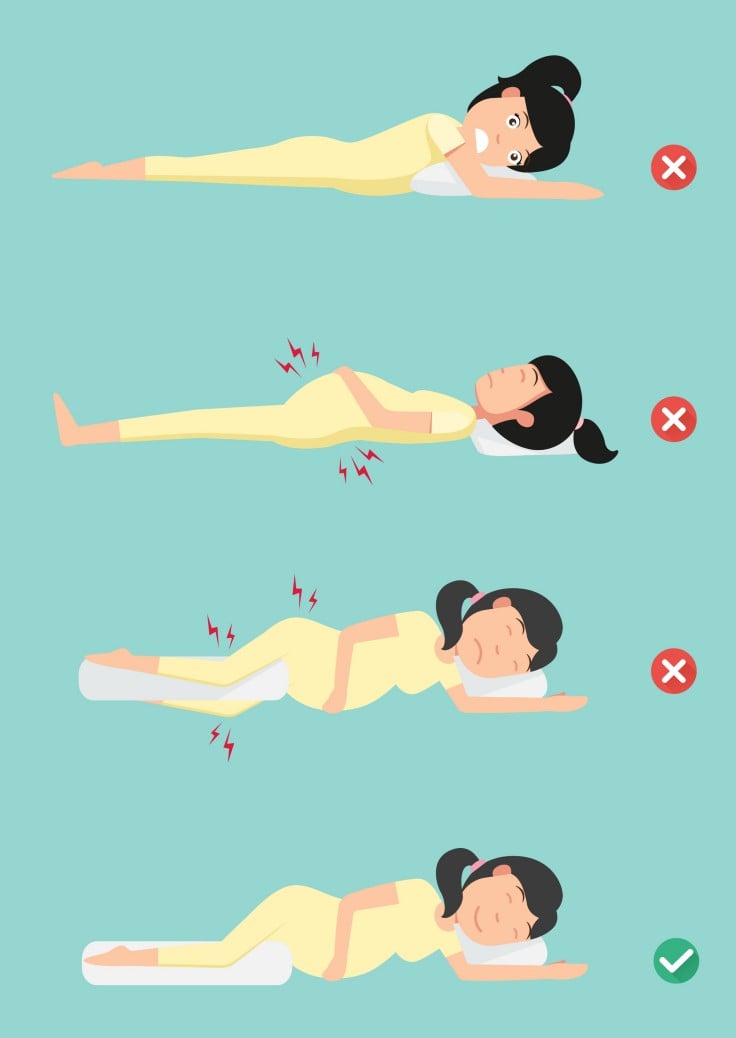 This can cause problems for your baby later in life.
This can cause problems for your baby later in life.
Mercury-free dental fillings and fillings containing mercury (amalgam or silver fillings). It’s important to have cavities treated and filled when you have them, but only with mercury-free dental fillings. Cavities filled with dental amalgam (sometimes called silver fillings) may cause health issues for you or your baby. An amalgam is a blend of different substances, usually chemicals and metals. Dental amalgam has a large amount of mercury. Mercury is a shiny silver metal that is toxic.
If you have a high amount of mercury in your body, you can pass it to your baby through the placenta or when nursing. Studies have found that pregnant people who have been exposed to mercury fillings may have a higher risk of miscarriage, preeclampsia and low birthweight babies than pregnant people who haven’t been exposed. Mercury also can cause damage to the brain, kidneys and other organs.
You should not get dental amalgam fillings if you are pregnant, planning to get pregnant or nursing, according to the U.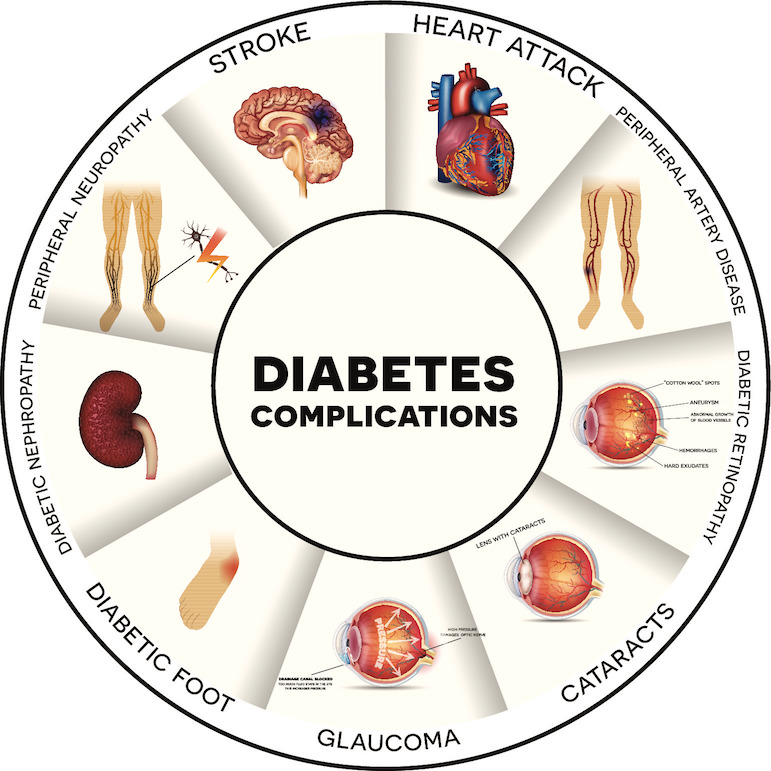 S. Food and Drug Administration (FDA). If you need to have a cavity filled, ask your dentist for a mercury-free composite resin filling. This type of filling is the same color as your teeth. It is made from a type of plastic mixed with powdered glass. Composite resin fillings don’t include toxic metals such as mercury and are safe for you and your baby.
S. Food and Drug Administration (FDA). If you need to have a cavity filled, ask your dentist for a mercury-free composite resin filling. This type of filling is the same color as your teeth. It is made from a type of plastic mixed with powdered glass. Composite resin fillings don’t include toxic metals such as mercury and are safe for you and your baby.
The FDA does not recommend that you remove any dental amalgam filling that you already have unless your dentist says that there is an issue with the filling.
Gingivitis. Gingivitis is inflammation (redness and swelling) of the gums. If untreated, it can lead to more serious gum disease. Pregnancy hormones can increase your risk for gingivitis. Sixty to seventy-five percent of pregnant women have gingivitis. Signs and symptoms include:
- Redness and swelling
- Tenderness in the gums
- Bleeding of the gums, even when you brush your teeth gently
- Shiny gums
Loose teeth. High levels of the hormones progesterone and estrogen during pregnancy can temporarily loosen the tissues and bones that keep your teeth in place. This can make your teeth loose.
High levels of the hormones progesterone and estrogen during pregnancy can temporarily loosen the tissues and bones that keep your teeth in place. This can make your teeth loose.
Periodontal disease (also called periodontitis or gum disease). If gingivitis is untreated, it can lead to periodontal disease. This causes serious infection in the gums and problems with the bones that support the teeth. Your teeth may get loose, and they may have to be extracted (pulled). Periodontitis can lead to bacteremia (bacteria in the bloodstream). This is a serious condition that needs immediate treatment. Smoking is a cause of severe gum disease.
Pregnancy tumors (also called pyogenic granuloma). These tumors are not cancer. They’re lumps that form on the gums, usually between teeth. Pregnancy tumors look red and raw, and they bleed easily. They can be caused by having too much plaque (a sticky film containing bacteria that forms on teeth).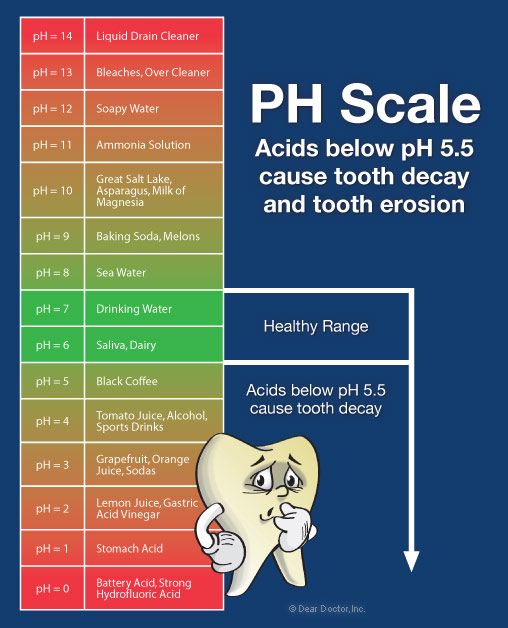 These tumors usually go away on their own after giving birth. In rare cases they may need to be removed by your health care provider.
These tumors usually go away on their own after giving birth. In rare cases they may need to be removed by your health care provider.
Tooth erosion. If you have vomiting from morning sickness, your teeth may be exposed to too much stomach acid. This acid can harm the enamel (the hard surface) of your teeth. Morning sickness (also called nausea and vomiting of pregnancy or NVP) is nausea and vomiting that happens during pregnancy, usually in the first few months.
What are signs and symptoms of dental problems during pregnancy?
If you have any signs or symptoms of dental problems, call your dentist or ask your prenatal provider to refer you for dental care. Signs of a condition are things someone else can see or know about you, like you have a rash or you’re coughing. Symptoms are things you feel yourself that others can’t see, like having a sore throat or feeling dizzy.
Signs and symptoms of dental problems include:
- Bad breath
- Loose teeth
- Mouth sores or lumps on the gums
- New spaces between your teeth
- Receding gums (when your gums pull away from your teeth so you can see roots of your teeth) or pus along your gumline (where your gums meet your teeth)
- Gums that are red, swollen, tender or shiny; gums that bleed easily
- Toothache or other pain
If you have pain or swelling, call your dentist right away.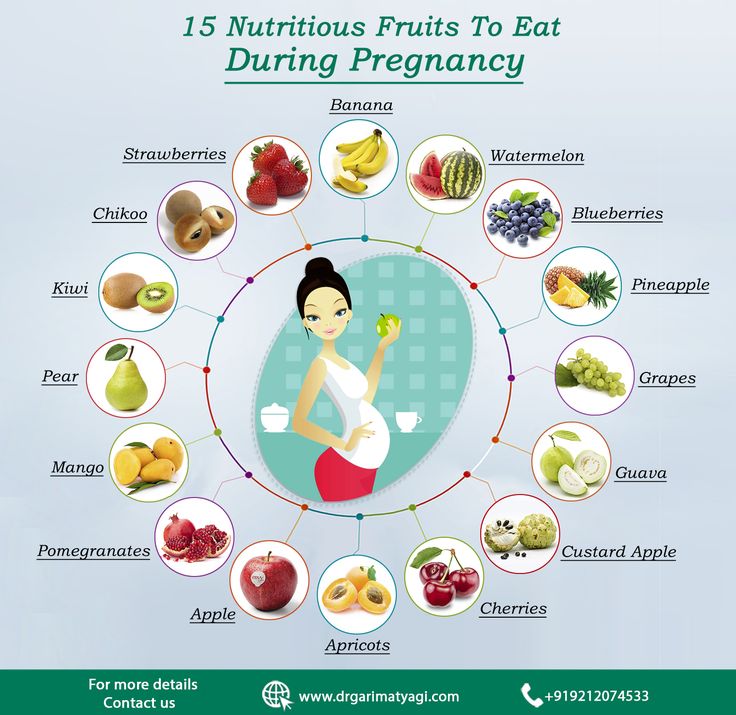 If you have an infection, you need quick treatment to help prevent problems for your baby.
If you have an infection, you need quick treatment to help prevent problems for your baby.
How can you prevent dental problems during pregnancy?
Get regular dental checkups before and during pregnancy. At your checkups, tell your dentist:
- If you’re pregnant or planning to get pregnant
- About any medicine you take. This includes prescription and over-the-counter medicines, supplements and herbal products.
- If your pregnancy is high-risk. High-risk means that you, your baby or both of you are at increased risk for problems during pregnancy. Your pregnancy may be high-risk if you have a chronic health condition, you have complications from a previous pregnancy or you have other conditions that can harm your health or the health of your baby.
- If your prenatal care provider has talked to you about your oral health
Dental checkups before and during pregnancy are important so your dentist can find and treat dental problems early.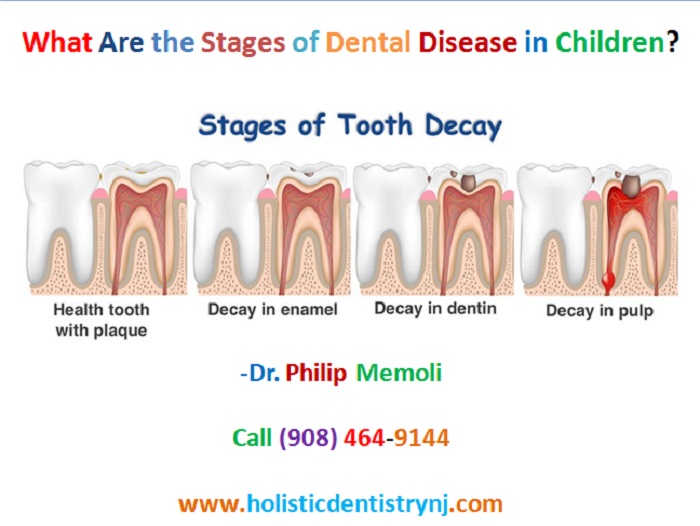 Regular teeth cleanings help keep your teeth and gums healthy.
Regular teeth cleanings help keep your teeth and gums healthy.
Are dental X-rays safe during pregnancy?
Yes. X-rays are part of regular dental care. Dental X-rays can show problems with your teeth, gums and the bones around your mouth. An X-ray is a medical test that uses radiation to make a picture on film. Radiation is a kind of energy that can be harmful to your health if you’re exposed to too much.
Dental X-rays are safe during pregnancy. They use very small amounts of radiation, and your dentist covers you with a special apron and collar to protect you and your baby. If your dentist wants to give you an X-ray, make sure she knows that you’re pregnant or trying to get pregnant.
How are dental problems treated during pregnancy?
If you have a dental problem that needs treatment, make sure your dentist knows that you’re pregnant. Depending on your condition, you may be able to wait for treatment after your baby’s birth. Treatments that are safe during pregnancy include:
- Medicine, such as pain relievers and antibiotics to treat infections.
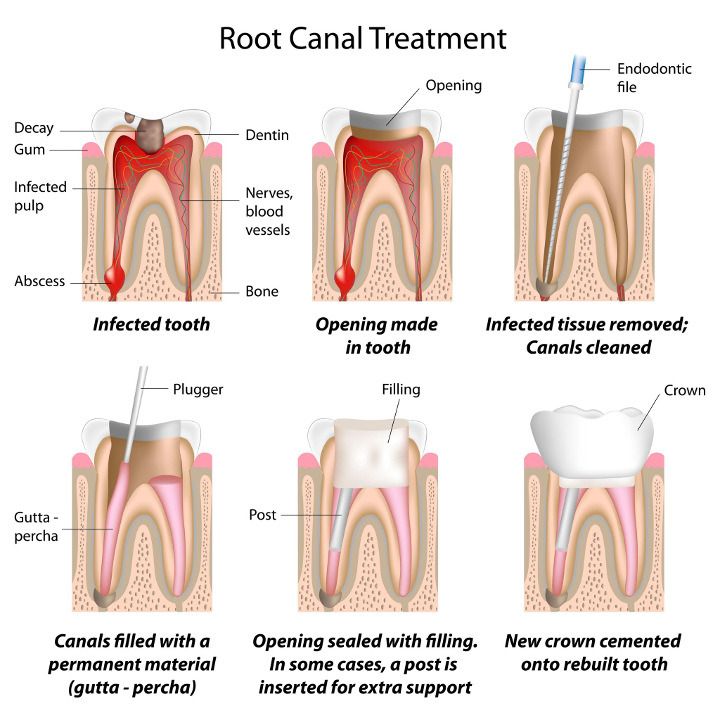 Your dentist can give you medicine that’s safe for you and your baby during pregnancy. If your dentist prescribes you medicine, tell you prenatal care provider. Don’t take any medicine without talking to your prenatal provider first.
Your dentist can give you medicine that’s safe for you and your baby during pregnancy. If your dentist prescribes you medicine, tell you prenatal care provider. Don’t take any medicine without talking to your prenatal provider first. - Local anesthesia. Anesthesia is medicine that lessens or prevents pain. Local anesthesia is used in a specific part of the body, like to numb your mouth for a dental filling or to have a tooth pulled. This medicine is safe to use during pregnancy.
You can have dental treatment any time during pregnancy. If it’s elective treatment (treatment that you don’t need immediately right away and isn’t necessary to protect your health or your baby’s health), try to schedule it in the second trimester or even after you deliver.
What can you do to help prevent dental problems?
Here’s how you can help keep your teeth and gums healthy:
- Brush your teeth with fluoride toothpaste twice a day and floss once a day.
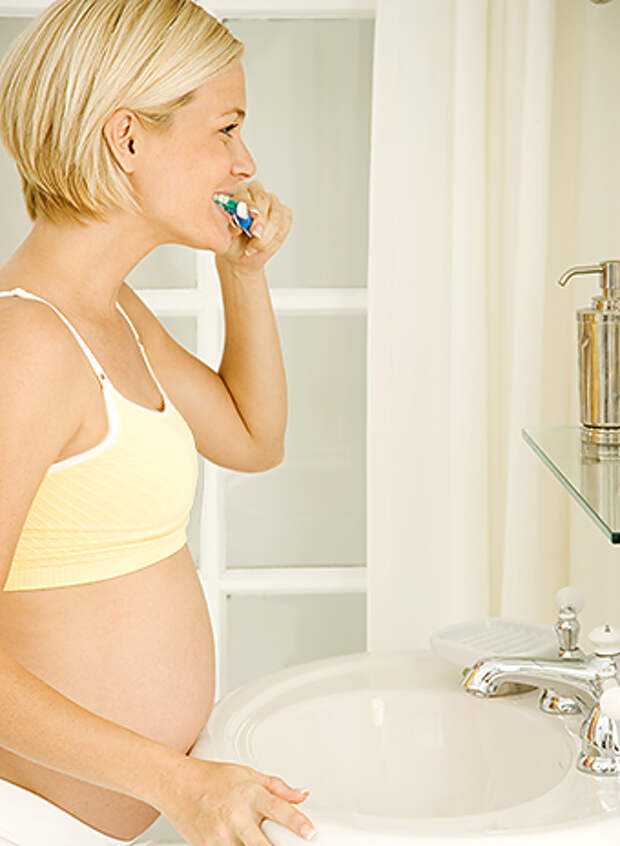 Use a toothbrush with soft bristles. Regular brushing and flossing can remove plaque and help keep your teeth and gums healthy.
Use a toothbrush with soft bristles. Regular brushing and flossing can remove plaque and help keep your teeth and gums healthy. - If you can’t brush your teeth because of vomiting, use antacids or rinse your mouth with a mixture of 1 teaspoon baking soda in 1 cup of water. Rinsing can help reduce the amount of acid in your mouth. Antacids are medicines that help neutralize stomach acid. You can buy them over the counter without a prescription from your provider. But don’t take any medicine—even OTC medicine—without talking to your provider first.
- Visit your dentist for a regular dental checkup every 6 months (twice a year), even during pregnancy. At your checkup, tell your dentist that you’re pregnant.
- Eat healthy foods and limit sweets. Healthy foods include fruits and vegetables, lean meat, whole-grain breads and pasta and low-fat dairy products. Limit sweets and sugary foods and drink water instead of sugary drinks.
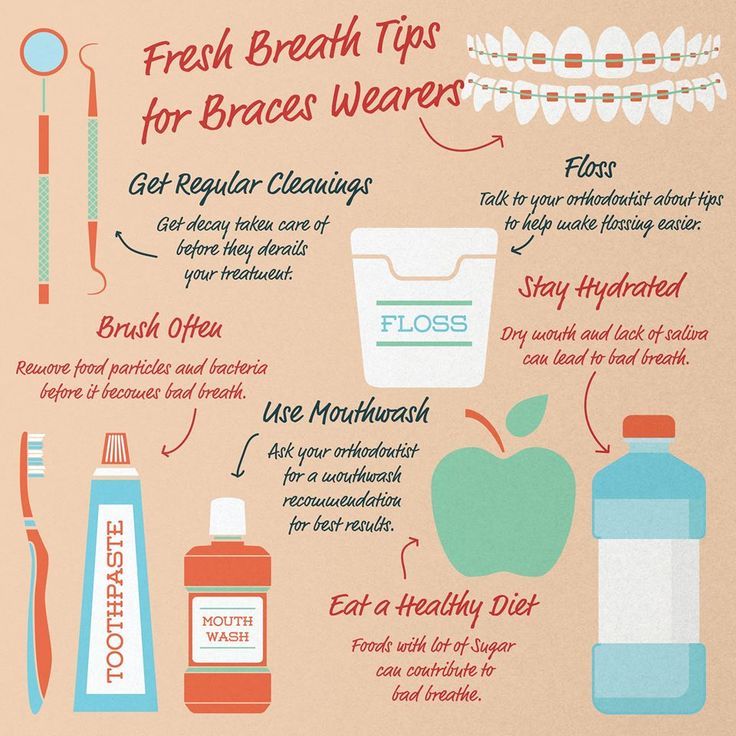 Eating healthy foods helps give you and your growing baby important nutrients. Your baby’s teeth start developing between 3 and 6 months of pregnancy. Nutrients like calcium, protein, phosphorus, and vitamins A, C and D, help your baby’s teeth grow healthy.
Eating healthy foods helps give you and your growing baby important nutrients. Your baby’s teeth start developing between 3 and 6 months of pregnancy. Nutrients like calcium, protein, phosphorus, and vitamins A, C and D, help your baby’s teeth grow healthy. - If you’re craving things like large amounts of ice, paste or dirt let your prenatal provider know.
- Don’t smoke. If you need help to quit, tell your health care provider. Call 1-800-QUIT-NOW for advice from a quit smoking counselor or visit smokefree.gov.
See also:
Common discomforts of pregnancy
Your checkup before pregnancy
Last reviewed February 2023
Caries in pregnancy, prevention and treatment of caries in pregnant women
Caries in pregnancy, prevention and treatment of caries in pregnant womenServices
Pregnant women can develop dental caries due to hormonal changes and mineral and vitamin deficiencies.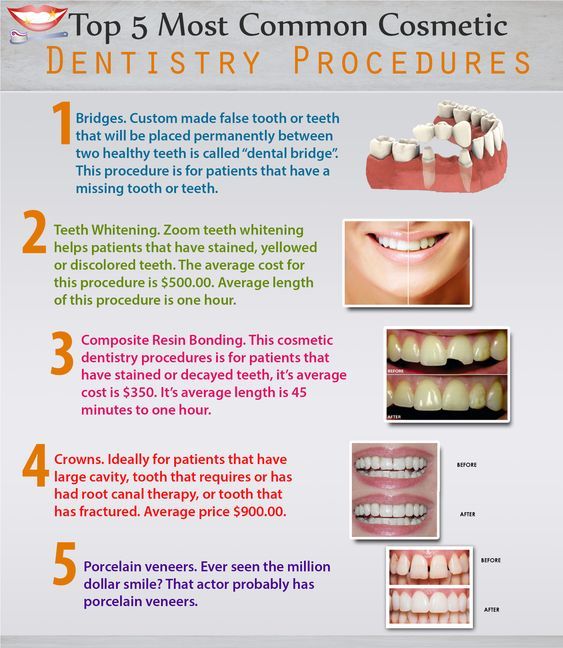 Microbes that cause caries Streptococcus mutans and Streptococcus sanguis destroy tooth tissues.
Microbes that cause caries Streptococcus mutans and Streptococcus sanguis destroy tooth tissues.
Specialists of the "Professor's Author's Dental Clinic on Arbat" do not recommend postponing a visit to the doctor, since untreated caries or a fallen filling can cause not only discomfort, but also complete loss of a tooth, so the therapy is selected depending on the patient's condition and the nature of the problem.
Impact of caries during pregnancy on health
According to statistics, the disease is detected in 92% of cases with a normal pregnancy and 94% with toxicosis. Caries is caused by pathogenic microorganisms that can enter the bloodstream and affect the health of the mother and fetus. The probability of their penetration through the placental barrier is negligible, so the baby is not in danger.
However, teeth should be treated because:
- Caries during pregnancy causes pain that cannot be relieved by pills
- The emotional state of a woman worsens, and this affects the fetus and leads to uterine tone
- Possible indigestion, fever, exacerbation of toxicosis
- There is a risk of developing pulpitis and periodontitis, which are much more difficult to treat
- Cariogenic bacteria can cause early uterine contractions
Peculiarities of caries treatment during pregnancy
When selecting therapy, specialists take into account the duration of pregnancy, the stage and type of caries (cervical, contact, fissure, cement caries). It is important for the expectant mother to visit the dentist before the 22nd week.
It is important for the expectant mother to visit the dentist before the 22nd week.
During the appointment, the doctor will assess the condition of the oral cavity, determine whether there is caries and the nature of the disease, tell about the necessary procedures, take into account undesirable factors, including:
- general anesthesia
- radiography
- extraction of teeth
- inflammation and swelling of the gums after intervention
- most antibiotics, painkillers
Therapy is not recommended for the first 12 weeks. In the second trimester, the negative effect of medications decreases. During this period, it is good to carry out the prevention of caries in pregnant women and dental treatment, the condition of which threatens to worsen in the third trimester. In the later stages, dental manipulations are carried out in exceptional cases.
Qualified treatment of caries in pregnant women in Moscow
Dentists of our clinic have all the necessary equipment for safe and painless manipulations, conduct observation and urgent therapy in difficult cases.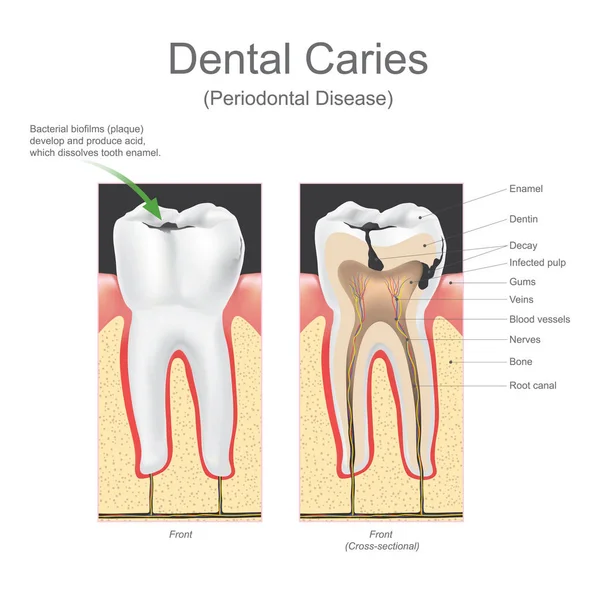
Remember that timely treatment and prevention of caries in pregnant women will preserve the health of the oral cavity, reduce the likelihood of removal and prosthetics in the future.
You can make an appointment for a consultation by calling 8 (495) 695-59-60 or in the form of an electronic application, and the clinic administrator will call you back to clarify the details of the appointment!
Book a consultation
Advantages of dental treatment in our clinic
Painless
Before treatment, the doctor will administer anesthesia using an individually selected anesthetic
Carefully
During treatment, the doctor uses modern instruments and equipment to speed up recovery
Exactly
Before treatment, the doctor makes a diagnosis, determines the condition of the teeth and draws up a procedure plan
Request a call
Appointment
To get a consultation
Leave feedback
Ask a question to the doctor
Thank you for contacting
Our operator will contact you in the near future
Thank you for contacting
Our operator will contact you shortly to clarify the details
Thanks for the feedback
We will add it to our website soon.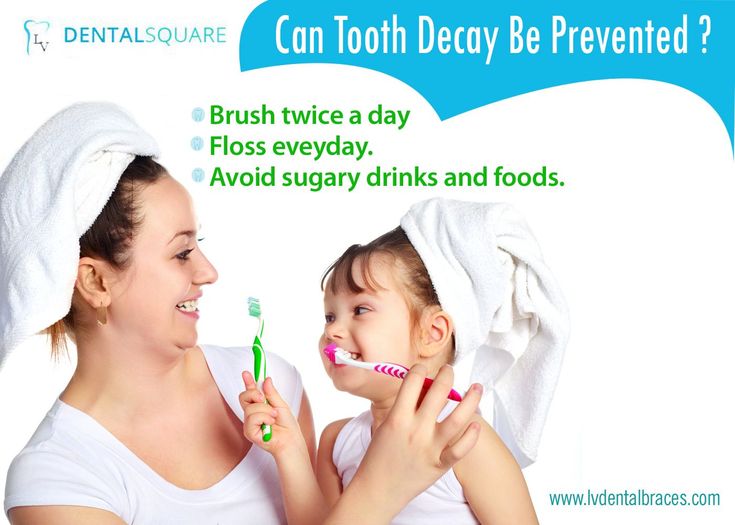
Thank you for contacting
Soon the answer to your question will appear on our site
treatment and effects on the fetus
The myth about the dangers of dental treatment during pregnancy haunts women throughout the entire period. It is good if the pregnancy is planned, and the expectant mother has previously been examined by specialists, including a visit to the dentist. But what if caries is detected and diagnosed already during the bearing of the baby? What is more dangerous: delaying treatment or treating?
Causes of caries in pregnancy
Having received the news of pregnancy, every woman sooner or later comes across the belief “Every child is worth a tooth”. It is believed that during gestation, the fetus consumes a large amount of calcium. A lack of a substance in the body can cause tooth decay during and after pregnancy, many are sure.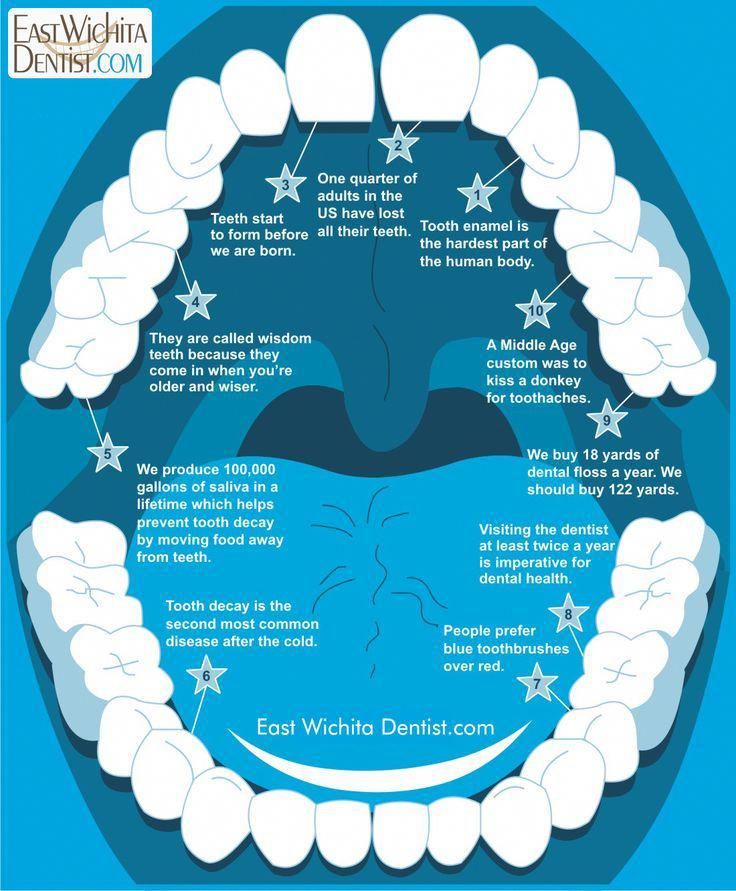 But it's not.
But it's not.
The destruction and loss of teeth during this period is caused by other reasons:
- irregular oral hygiene leading to accumulation of plaque;
- changes in habitual diet;
- increase in additional meals in between main meals;
- exposure to vomit containing hydrochloric acid during toxicosis.
- changes in the composition of saliva and its protective properties as a result of hormonal changes
Against the background of all factors, the level of calcium in the body during pregnancy remains stable, since it is automatically absorbed from the gastrointestinal tract.
It is impossible not to treat!
To begin with, let's figure out how dangerous caries is for expectant mothers. Dentists say: it is impossible not to treat. And they are right because:
- Research has shown a relationship between cavities-causing bacteria and preterm birth. Microorganisms produce substances that stimulate uterine contractions.
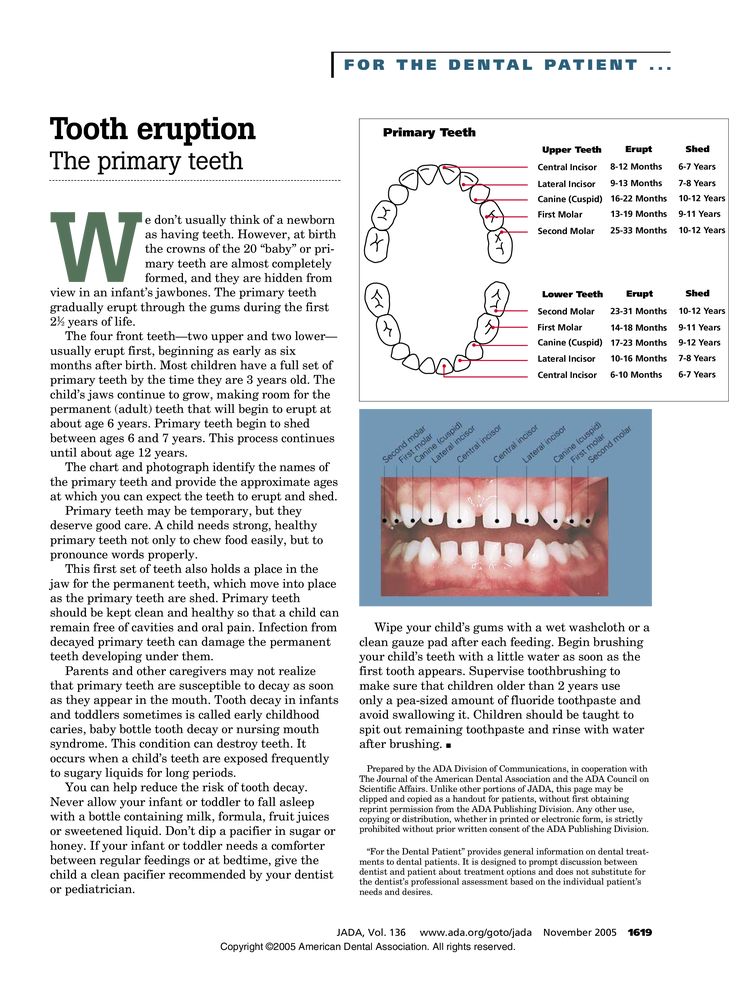 In this case, the cervical canal expands, and the fetal membrane is destroyed. The result is premature birth and the appearance of a baby with a low body weight.
In this case, the cervical canal expands, and the fetal membrane is destroyed. The result is premature birth and the appearance of a baby with a low body weight. - Caries is dangerous due to its rapid development and complications. In the process of development, caries turns into pulpitis. It is more difficult to treat and the symptoms are painful. The resulting inflammatory process leads to the appearance of toxins in the body and the reproduction of pathogenic microflora. They are absorbed into the mother's blood and carried throughout the body.
- Most pregnant women are afraid of the effects of anesthesia and x-rays used in the diagnosis and treatment of teeth. If this is the only reason for your worries, feel free to go to the doctor. In the early stages of the disease, you can do without pictures and painkillers, and modern technology reduces exposure to x-rays to a minimum.
- Caries during pregnancy is also dangerous because a newborn baby can get carious bacteria from the mother.
 Caries is a bacterial disease. It is transmitted from person to person through saliva, common household and personal hygiene items: toothbrushes, spoons, mugs, and in the case of a baby, through nipples. Seeing her baby for the first time, a young mother is ready to kiss him for days on end, passing on her microflora to the child, including caries.
Caries is a bacterial disease. It is transmitted from person to person through saliva, common household and personal hygiene items: toothbrushes, spoons, mugs, and in the case of a baby, through nipples. Seeing her baby for the first time, a young mother is ready to kiss him for days on end, passing on her microflora to the child, including caries. - Pain during the period of the disease negatively affects the nervous system of a woman, which complicates the overall course of pregnancy.
Safe time for treatment
Unfavorable period - first trimester. Until 12-13 weeks, the laying of the internal tissues and organs of the baby occurs. Dental intervention is possible only in emergency situations - inflammatory processes with the release of pus and acute pain. If these symptoms are absent, it is better to postpone the treatment for another time - this way you can avoid pathologies in the formation of the child's organs and miscarriage.
The onset of the second trimester allows you to treat caries with minimal risk.